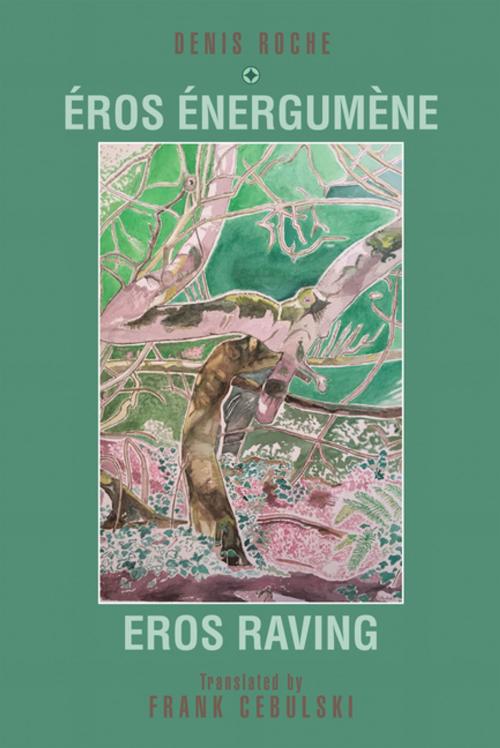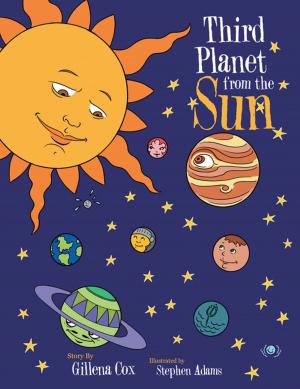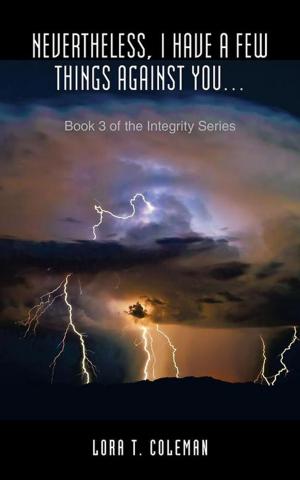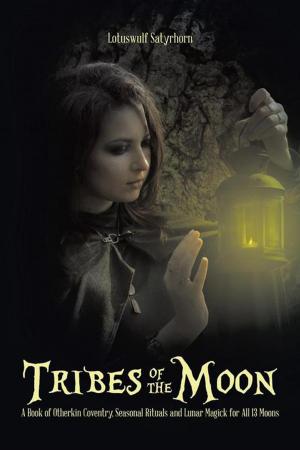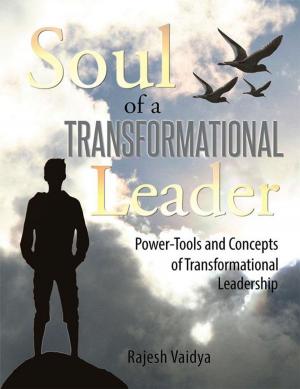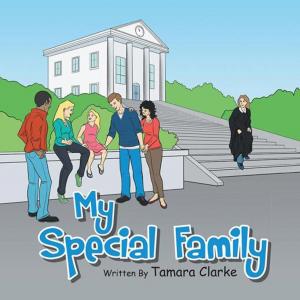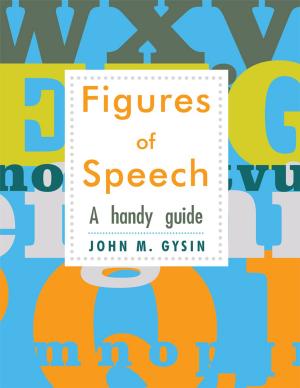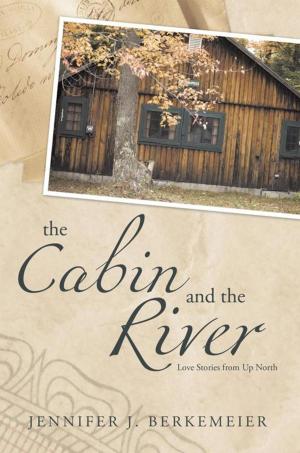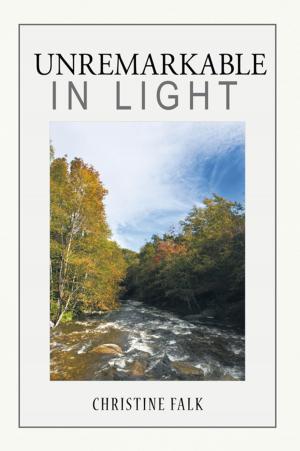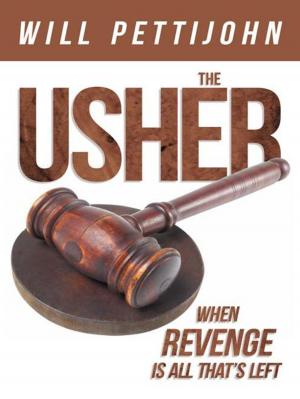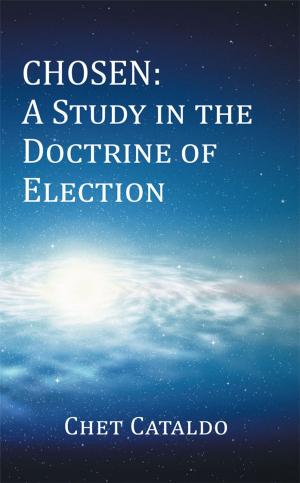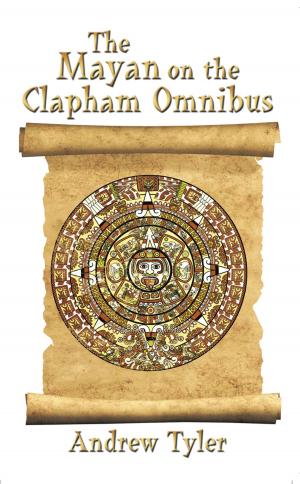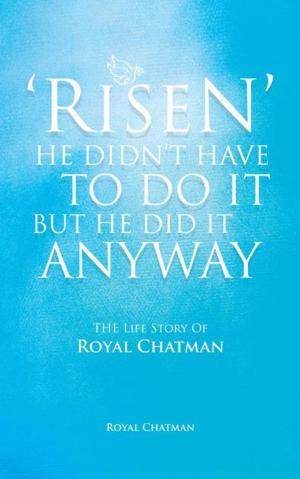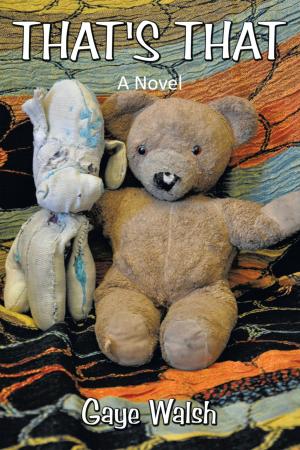| Author: | Frank Cebulski | ISBN: | 9781524684686 |
| Publisher: | AuthorHouse | Publication: | October 16, 2017 |
| Imprint: | AuthorHouse | Language: | English |
| Author: | Frank Cebulski |
| ISBN: | 9781524684686 |
| Publisher: | AuthorHouse |
| Publication: | October 16, 2017 |
| Imprint: | AuthorHouse |
| Language: | English |
Denis Roches new domain, or realm, for poetry as evidenced in ros nergumne (Eros Raving: ditions du Seuil) is poetry derived from pulsion, an undeniable inner force or energy that drives the poem into being and controls and mandates its origin, source, structure, form, content, rhythm and outcome. This creative energy is clearly the reason the erotic takes such precedence and possession of the poetic. It is also quite understandable, with this complex demand for a new poetic where poems are neither viewed nor recited, why Roche turned to photography and the visual autobiography of his photographs, having perhaps pushed poetry to an absolute limit beyond letter and sound. He asserts, however, that this is a meaningless distinction, one only that critics make, because for him there is no difference between the creative acts of photography and writing. For Roche the difference between literature and photography is profound: with literature one can only speak about time without ever showing it. One discourses about time, one does not figure it. With photography, yes. He also says: Jcris pour tre seul, je photographie pour disparitre. (I write to be alone, I photograph in order to disappear.)
Denis Roches new domain, or realm, for poetry as evidenced in ros nergumne (Eros Raving: ditions du Seuil) is poetry derived from pulsion, an undeniable inner force or energy that drives the poem into being and controls and mandates its origin, source, structure, form, content, rhythm and outcome. This creative energy is clearly the reason the erotic takes such precedence and possession of the poetic. It is also quite understandable, with this complex demand for a new poetic where poems are neither viewed nor recited, why Roche turned to photography and the visual autobiography of his photographs, having perhaps pushed poetry to an absolute limit beyond letter and sound. He asserts, however, that this is a meaningless distinction, one only that critics make, because for him there is no difference between the creative acts of photography and writing. For Roche the difference between literature and photography is profound: with literature one can only speak about time without ever showing it. One discourses about time, one does not figure it. With photography, yes. He also says: Jcris pour tre seul, je photographie pour disparitre. (I write to be alone, I photograph in order to disappear.)
